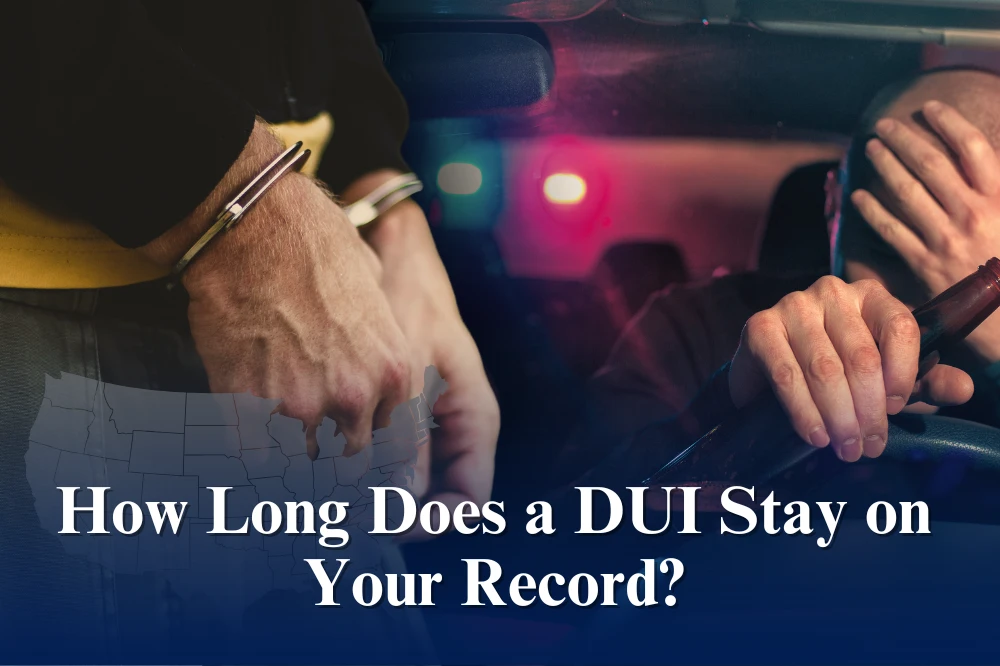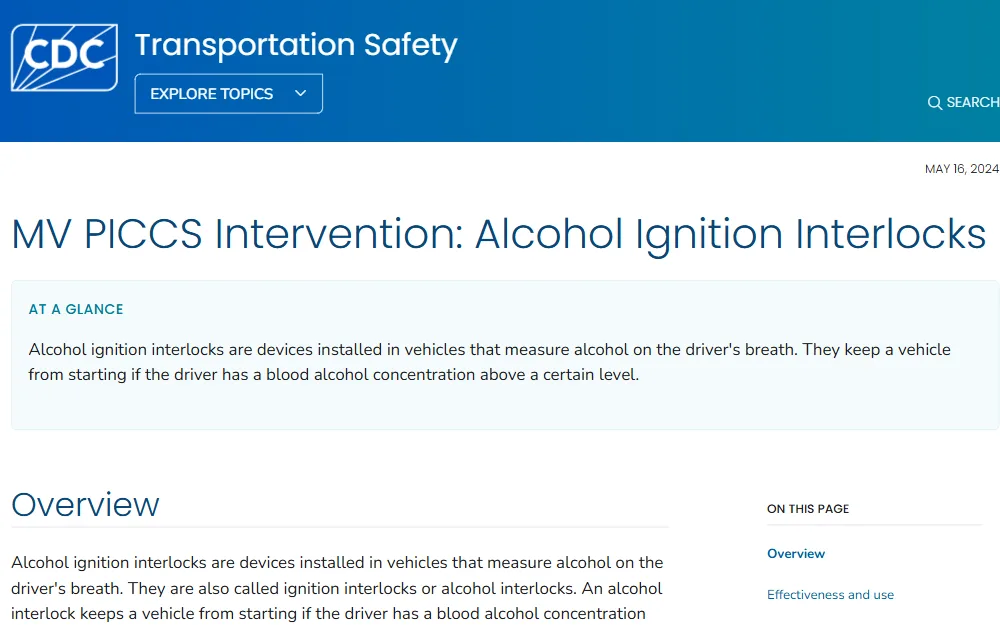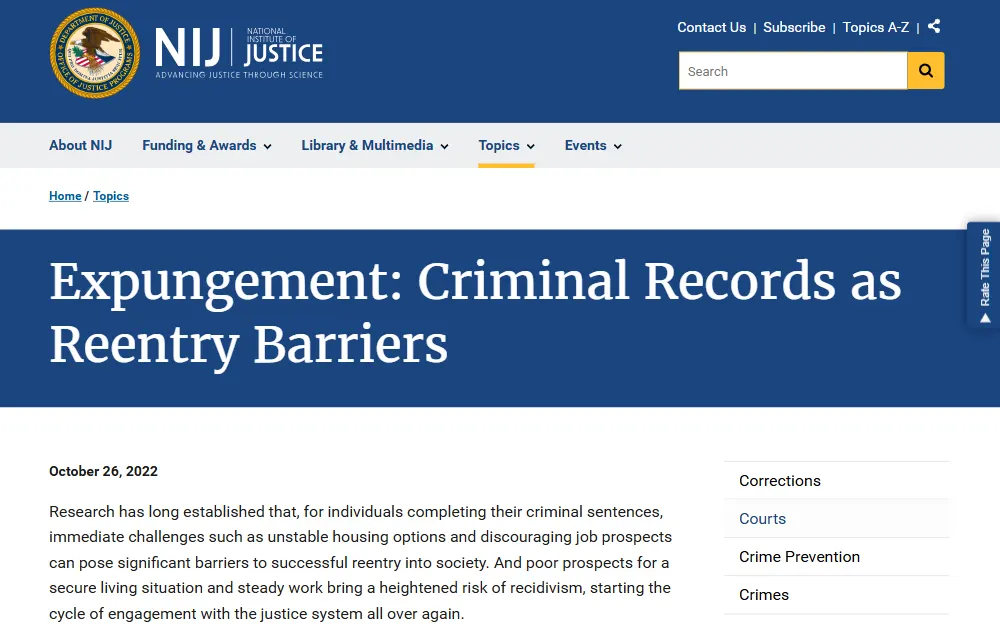
A DUI (Driving Under the Influence) charge can be a bit intimidating, prompting one to wonder how long a DUI stays on your record.
Driving a car while under the influence of drugs or alcohol is a serious misdemeanor known as a DUI. There are methods to overcome the difficulties and lessen its influence on your future, even though it has serious repercussions.
This resource covers the time frame of a DUI conviction, how it impacts driving and insurance records, and practical measures to lessen the consequences.
Length of Time a DUI Stays on Your Record: Understanding the Timeline
An arrest is the first step in a DUI case, which usually goes through multiple phases.1 Detention, potential license suspension, and required court appearances are among the immediate consequences of an arrest. After you enter a plea during the arraignment procedure, the case moves forward to either trial or sentencing.
If convicted, outcomes could include probation, fines, or even jail time. The gravity of the offense and the state determine these penalties. For instance, probation and fines may be imposed for a first-time DUI, whereas longer jail terms may be given for subsequent offenses.
State laws greatly affect how long a DUI stays on your criminal record. If a DUI record is not expunged, it may remain on your record indefinitely in many states.
However, after a specific period of time – usually 5 to 10 years – several jurisdictions provide sealing records or expungement as options. Employment aspects, professional licenses, and other facets of your life may also be impacted by this timeline.
The Impact of a DUI on Your Driving Record
A DUI has a major impact on your driving history as well. Most states give points to your driving record with a DUI conviction, and these points often lead to license suspension or revocation. The seriousness of the offense and state-specific laws determine how long this effect lasts.
For example, repeat offenders may have their licenses revoked for a number of years, whereas first-time violators may have their licenses suspended for 6 months to a year.2
Restricted driving rights, such as the need to install an ignition interlock device, are among the administrative repercussions of a DUI on a driver’s record. Depending on the situation, these limitations may be in placed for a few months or for a number of years.

Furthermore, a DUI can affect insurance prices and your ability to get hired as a driver in some jurisdictions where it stays on your record for 10 years or longer.
How a DUI Affects Your Insurance Rates & for How Long
A DUI conviction usually leads to a large rise in auto insurance rates, which is known as a ‘DUI surcharge.’ Since insurers consider drivers with DUIs to be high-risk, premiums are higher.
While the length of time can vary depending on state regulations and specific situations, these increased premiums typically last 3 to 5 years – ultimately tacking on hundreds or even thousands of dollars over time.
The exact degree of the price increase depends on a number of factors, including the seriousness of the violation, whether it is the driver’s first or second conviction, and their past record. After a DUI sentence, some insurance companies might even decline to renew a policy. All in all, it can save vast amounts of stress and money to avoid a DUI in the first place.
Nevertheless, drivers may reduce these expenses by taking actions that could lower rates, like looking for alternative insurance companies or finishing a defensive driving course.
Innovative Ways To Mitigate DUI Consequences
Legal counsel is usually the first step in reducing the negative effects of DUI. A competent DUI lawyer may be helpful in negotiating plea agreements, lowering penalties, or obtaining alternatives to jail time. In certain situations, taking part in educational courses or diversion programs might reduce the penalty, particularly for first-time offenders.
For the first-time DUI violators, several states provide programs that help avoid a lifelong convictions; completing community service, probation, or liquor education classes are frequently required for these programs.4 You may carry on without leaving an indefinite imprint on your record if you successfully finish such a program.
Exploring Options for Expungement or Record Sealing
Through the legal process of expungement, a DUI conviction can be sealed off of a person’s criminal record, providing them with a new beginning.

States have different requirements for expungement, but they frequently include variables like the kind of DUI violation committed and the amount of time since the conviction. Before requesting expungement, some states demand that you fulfill all sentencing conditions, including probation and fines.
Usually, the expungement process entails submitting a petition to the court, showing up for a hearing, and presenting proof of rehabilitation. Although navigating this process on your own is achievable, working with a legal expert can improve your chances of success.
Note: Knowing your state’s regulations is essential because not all states allow DUI expungement.
Rebuilding After a DUI: Take Proactive Steps To Better Your Future
Although it can feel like it, a DUI conviction does not mean that your life is over. You can begin again and carry on by accepting responsibility and making constructive adjustments. You can overcome this phase and come out stronger than before if you’re persistent and dedicated to making changes.
Participating in therapy or alcohol education programs can show responsibility and assist in underlying problems. Avoiding further legal issues requires adherence to court orders and probationary terms.
Rehabilitation begins with accepting responsibility for your actions; by owning the mistake you’ve made, you can grow from it and concentrate on making improvements. Consider the causes of the incident and develop measures to prevent it from happening again.
To increase your career alternatives, look for jobs that don’t demand an impeccable driving record and think about developing additional skills. Furthermore, keeping your record clean after a DUI can assist lower insurance cost over time and show possible employers and insurance companies that you’ve changed for the better.
With this article, you can now efficiently find out how long a DUI stay on your record; the information provided in this resource should be utilized in accordance with the law.
References
1Court Procedures for Handling Intoxicated Drivers. PubMed Central. (2001). Retrieved December 19, 2024, from <https://pmc.ncbi.nlm.nih.gov/articles/PMC6707116/>
2Administrative License Revocation or Suspension. National Highway Traffic Safety Administration. (n.d.). Retrieved December 19, 2024, from <https://www.nhtsa.gov/book/countermeasures-that-work/alcohol-impaired-driving/countermeasures/legislation-and-licensing/administrative-license>
3MV PICCS Intervention: Alcohol Ignition Interlocks. U.S. Centers for Disease Control and Prevention. (2024). Retrieved December 19, 2024, from <https://www.cdc.gov/transportation-safety/calculator/interlocks.html>
4Prevention of Drinking and Driving. PubMed Central. (1996). Retrieved December 19, 2024, from <https://pmc.ncbi.nlm.nih.gov/articles/PMC6876524/>
5Expungement: Criminal Records as Reentry Barriers. National Institute of Justice. (2022). Retrieved December 19, 2024, from <https://nij.ojp.gov/topics/articles/expungement-criminal-records-reentry-barriers>
